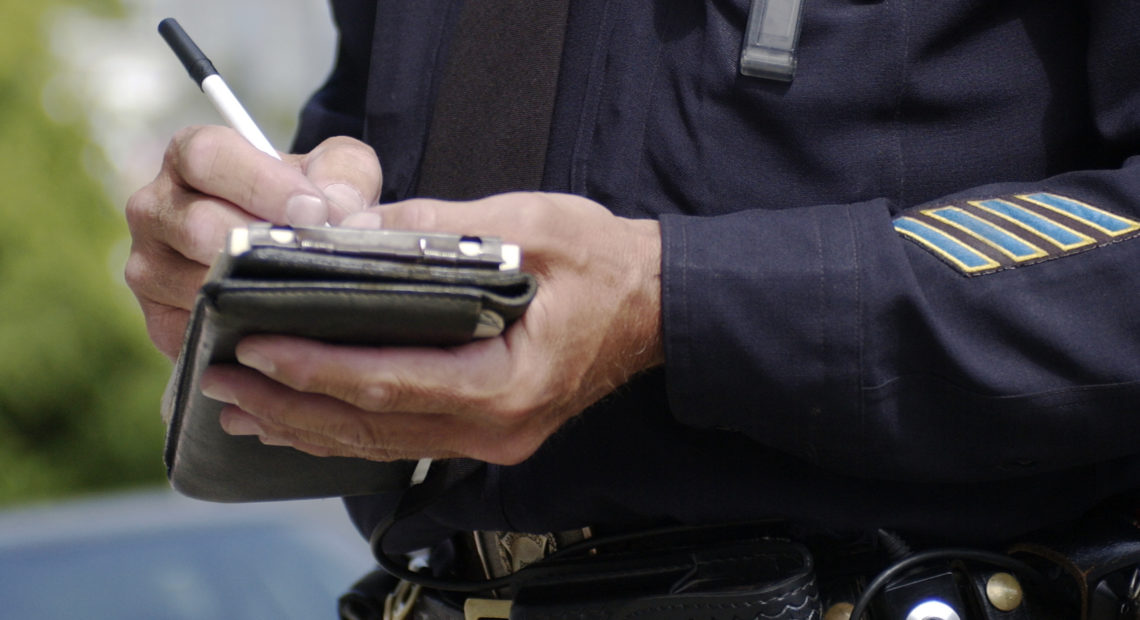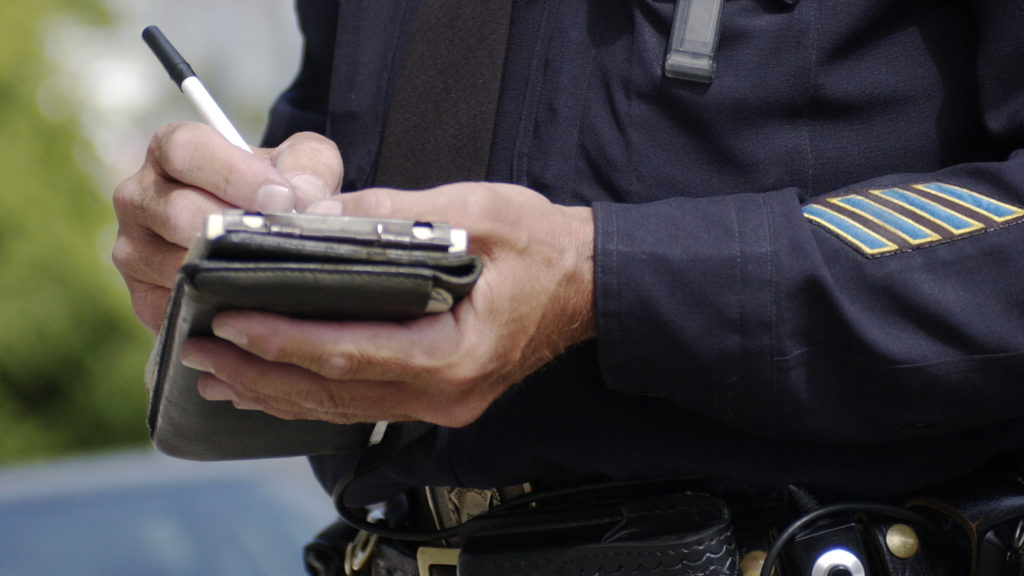
Police Officer Can’t Pull Over Driver For Giving Him The Finger, Court Rules
BY MATTHEW S. SCHWARTZ
If you’ve ever been tempted to make a rude gesture at a police officer, you can rest assured that the Constitution protects your right to do so, a federal appeals court says.
In the sequence of events described by the court, a woman in Michigan, Debra Cruise-Gulyas, was pulled over in 2017 for speeding. The officer showed leniency, writing her up for a lesser violation known as a nonmoving violation. As she drove away, apparently insufficiently appreciative of the officer’s gesture, Cruise-Gulyas made a certain gesture of her own. Or as the court put it, “she made an all-too-familiar gesture at [Officer Matthew] Minard with her hand and without four of her fingers showing.”

CREDIT: Doug Menuez/Forrester Images via Getty Images
Minard was not amused. He pulled her over again and rewrote the ticket for speeding. Cruise-Gulyas sued, arguing she had a First Amendment right to wiggle whatever finger she wanted at the police.
In a ruling this week, the U.S. Court of Appeals for the 6th Circuit agreed. “Fits of rudeness or lack of gratitude may violate the Golden Rule,” wrote Judge Jeffrey Sutton for the 3-0 panel. “But that doesn’t make them illegal or for that matter punishable.”
And once the first stop ended, Minard needed a legitimate reason to pull the driver over again. Detaining her without one constituted an “unreasonable seizure” in violation of the Fourth Amendment, the court said. “Cruise-Gulyas did not break any law that would justify the second stop and at most was exercising her free speech rights,” the court wrote.
It is well-settled that what Cruise-Gulyas did is protected by the Constitution, the court said. “Any reasonable officer would know that a citizen who raises her middle finger engages in speech protected by the First Amendment,” Sutton wrote.
Minard analogized his actions to a prosecutor who might renege on a plea deal if a defendant behaved offensively. But the court wasn’t swayed. The facts here are more like “a judge who hauls the defendant back into court a week or two after imposing a sentence based on the defendant’s after-the-fact speech,” the court said. “Minard, in short, clearly had no proper basis for seizing Cruise-Gulyas a second time.”
The court’s ruling means Cruise-Gulyas’ lawsuit can proceed in a lower court.















